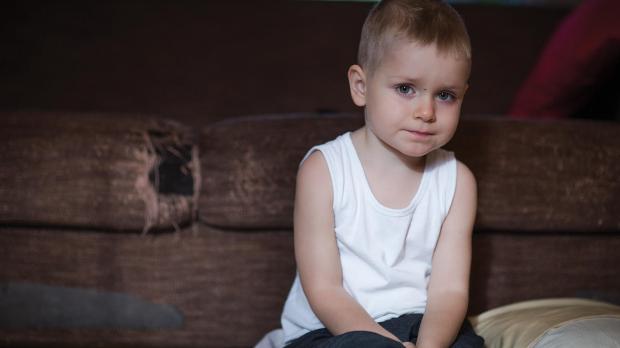Our latest news
Hot off the press: our latest updates about how we’re supporting children, young people and families across the UK.
Our media team
If you’re a journalist and have an enquiry or want to interview a spokesperson, contact our media team.
Our news archive
If you're looking for a story from 2019 or earlier, contact the media team.








